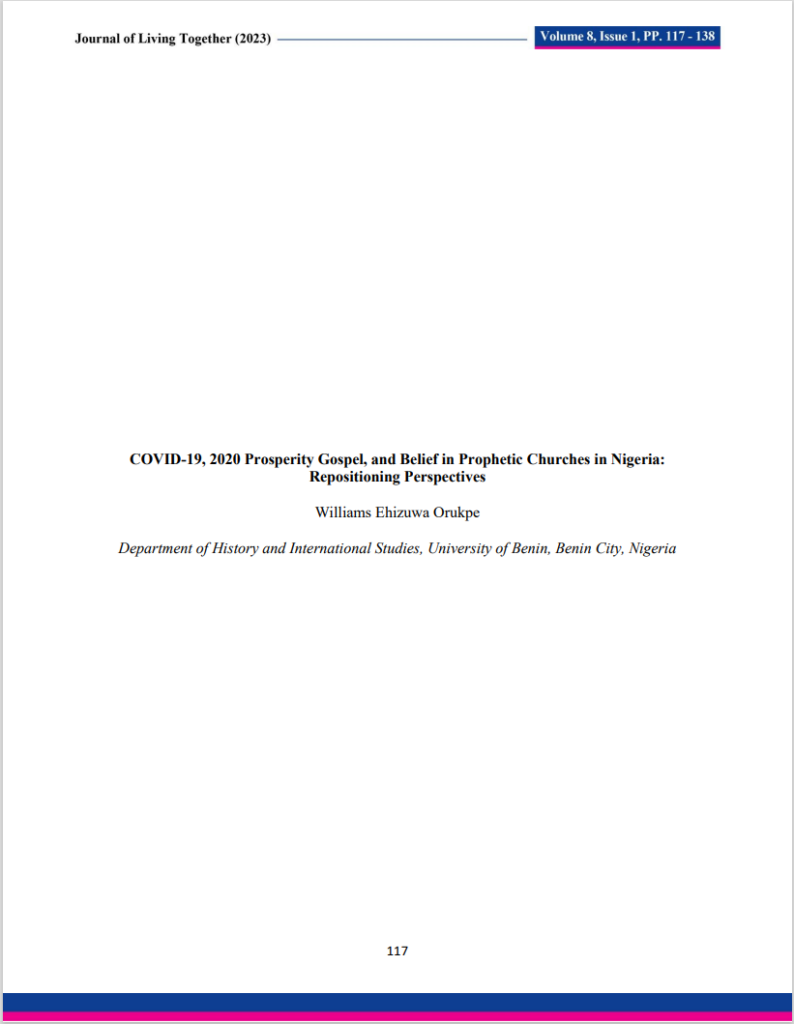Global Launch of the Living Together Movement
The International Center for Ethno-Religious Mediation is Crowd Funding to Help Repair the Cultural Divisions in Our Society through the Living Together Movement
The Living Together Movement is about repairing the world’s racial, ethnic, gender and religious divisions, one conversation at a time. By offering a space and opportunity for meaningful, honest, and safe discussions, Living Together Movement transforms binary thinking and hateful rhetoric into mutual understanding and collective action.
With successful pilot groups already in four countries, the International Center for Ethno-Religious Mediation (ICERMediation) will launch the Living Together Movement worldwide in 2022. Will you help us lay the foundation to start Living Together Movement chapters in some of the most conflict-ridden communities and countries in the world?
Living Together Movement, a project from New York’s International Center for Ethno-Religious Mediation (ICERMediation), looks to organize meetings in communities and on college campuses that are rooted in compassionate discussion and will help individuals bridge cultural gaps. Aiming to fight against the hatred, echo chambers, and anger that have increased in our society as a result of misinformation, social media, and the COVID-19 pandemic, Living Together Movement plans to develop a web and mobile app that will allow communities and colleges around the world to plan their own meeting groups, online forums, and communication strategies.
ICERMediation is the preeminent organization working to develop conflict resolution, mediation, and peacebuilding techniques that are implemented across the world in situations of ethno-religious tension, all aimed at de-escalating conflict and restoring peace and justice.
Working with the tools and expertise of ICERMediation, Living Together Movement will provide a regular meeting place for local individuals of various cultural, ethnic, racial and religious backgrounds to educate themselves and one another, share food, music, and art, participate in group discussions, hear from experts, and arrive at mutual understandings that build toward collective action.
“COVID has further isolated us from our neighbors and fellow humans. Separated from one another, we tend to forget our shared humanity and find it easier to place blame, show hate, and lack empathy for others,” says Basil Ugorji, ICERMediation President and CEO. “We believe in the power that conversations among small groups of people in each community can have in inciting change at a larger scale. With this internationally scaled network of forums and meetings, we hope to start a movement that will bring about creative and transformative ideas for social action.”
Poised to make an impact and working from the world’s most knowledgeable mediators and conflict resolution researchers, the Living Together Movement is seeking support in fulfilling its goals, while welcoming participation from individuals of all backgrounds.


